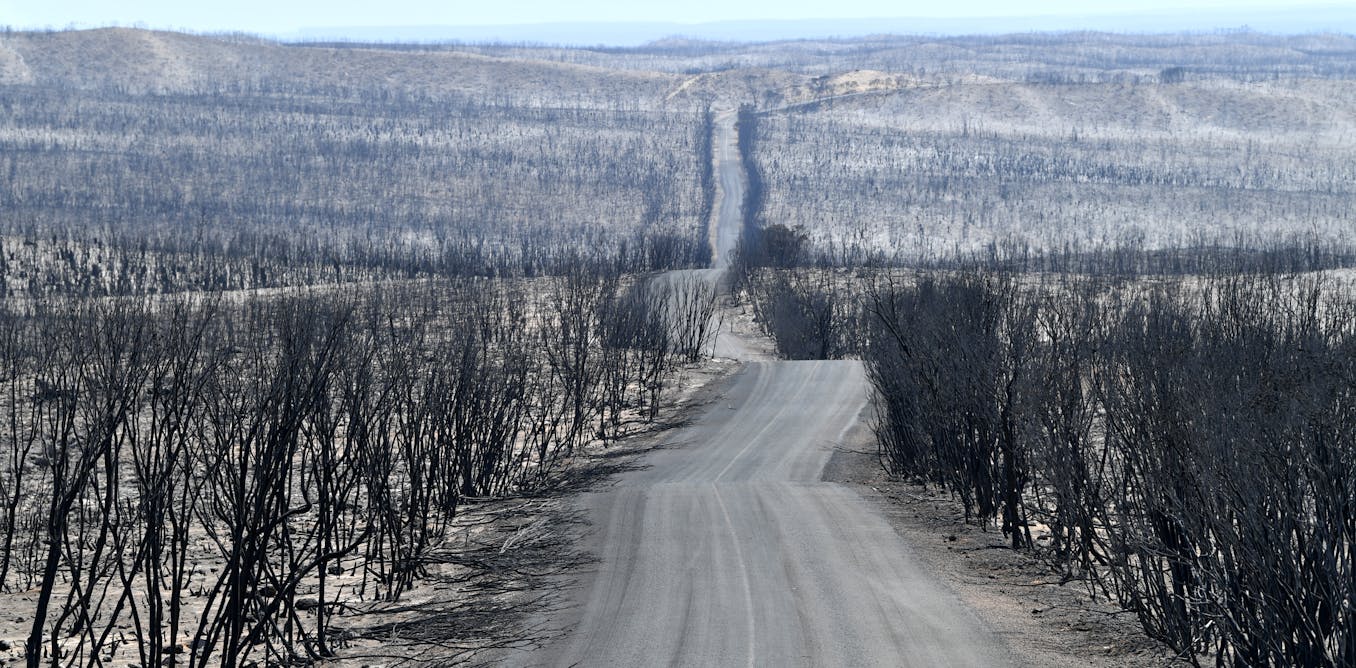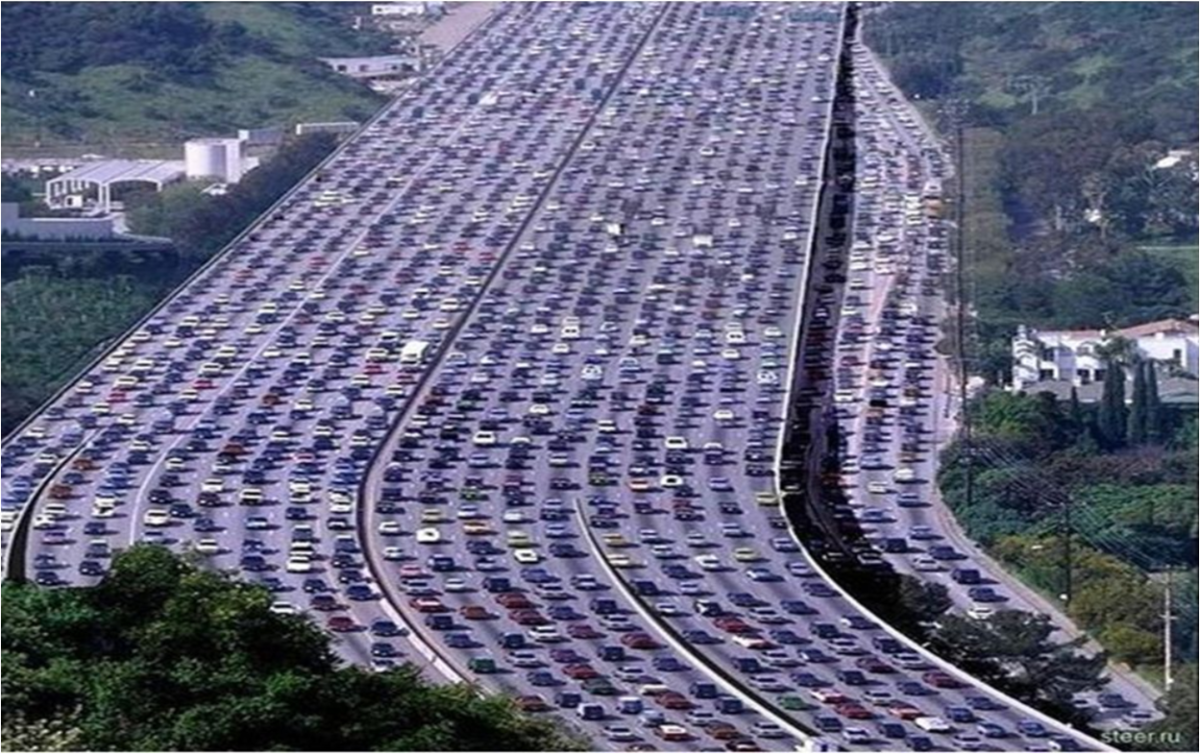Following today’s Apocalyptic topic back to last year
Considers the grim Apocalyptic Horsemen of too many people and too much consumption in a world approaching runaway global warming

by Corey J. A. Bradshaw, et al., 13/01/2021 in The Conversation
Worried about Earth’s future? Well, the outlook is worse than even scientists can grasp
Anyone with even a passing interest in the global environment knows all is not well. But just how bad is the situation? Our new paper shows the outlook for life on Earth is more dire than is generally understood.
The research published today reviews more than 150 studies to produce a stark summary of the state of the natural world. We outline the likely future trends in biodiversity decline, mass extinction, climate disruption and planetary toxification. We clarify the gravity of the human predicament and provide a timely snapshot of the crises that must be addressed now.
The problems, all tied to human consumption and population growth, will almost certainly worsen over coming decades. The damage will be felt for centuries and threatens the survival of all species, including our own.
Read the complete article….
The article here is based on the reserch paper, Underestimating the Challenges of Avoiding a Ghastly Future by Bradsaw et al., 13/01/2021 in Frontiers in Conservation Science.
Featured image: Said to be the longest traffic jam in the world — in China (https://www.mirror.co.uk/news/world-news/worlds-worst-traffic-jam-drone-6594560): Source: unknown, but appearing in many places.
